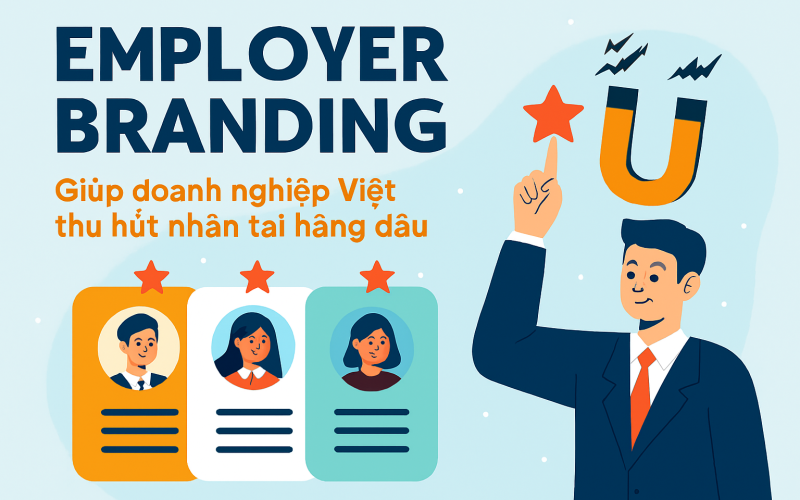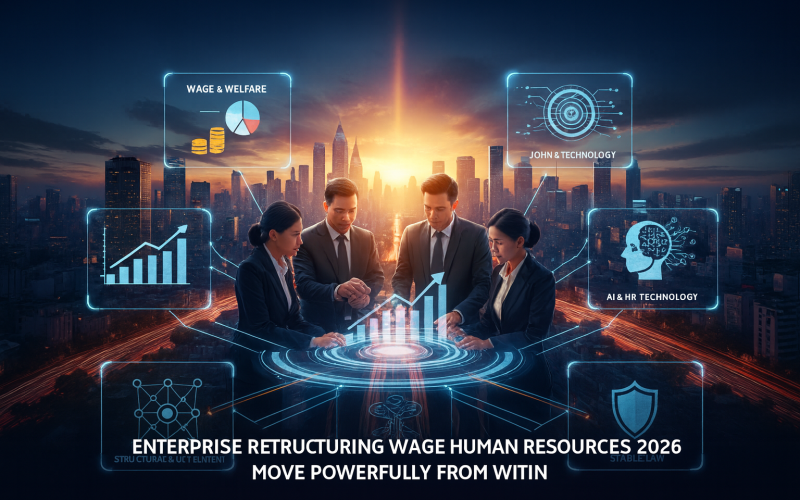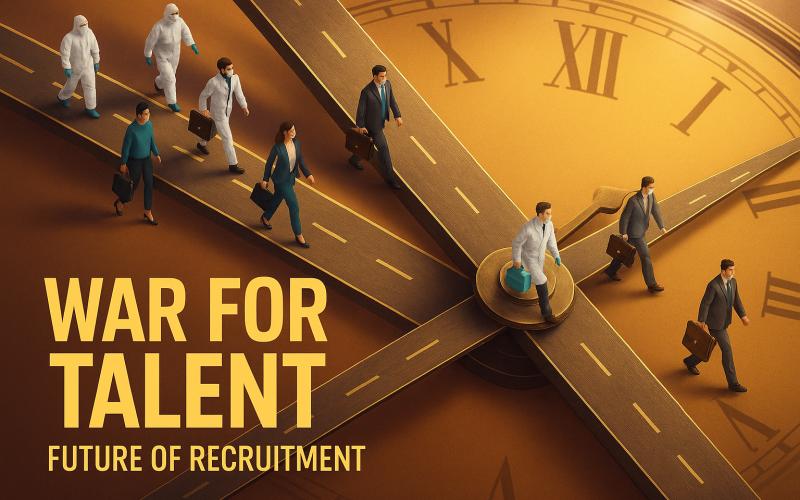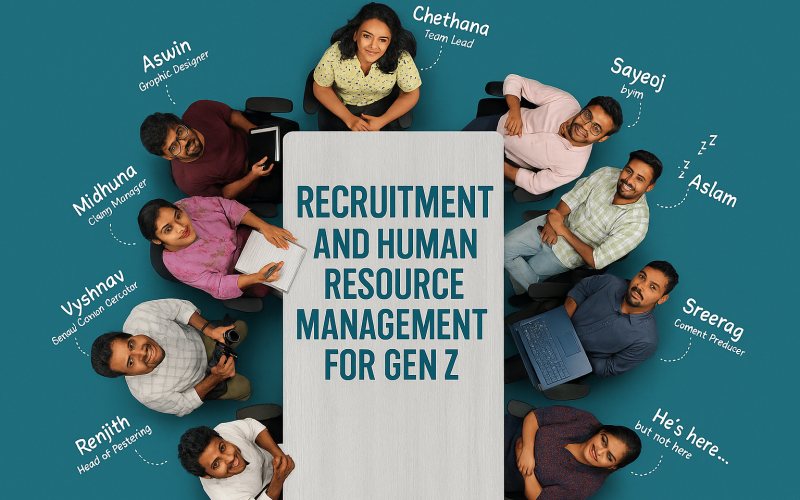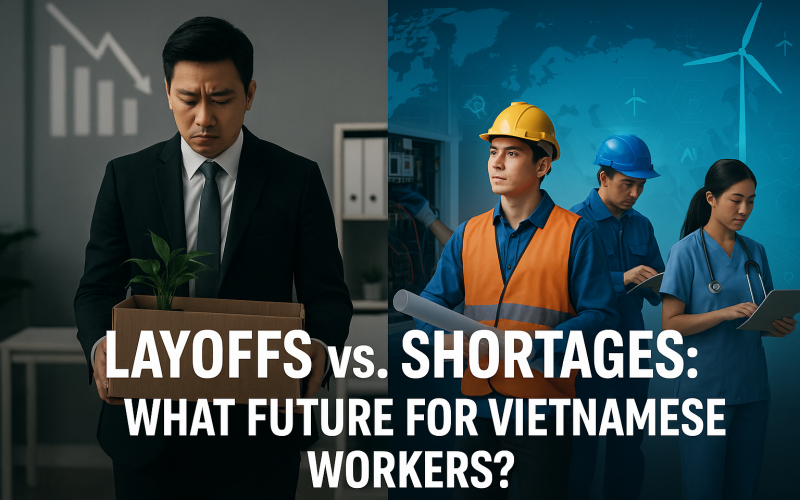Total Rewards for Gen Z
Generation Z (those born from 1997 onward) is gradually becoming a dominant part of the workforce and is influencing human resources strategies across many organizations. Unlike previous generations, Gen Z is practical yet highly values personal identity, viewing work not only as income but also as experience, emotion, and life balance
In this context, the concept of Total Rewards—including compensation, benefits, recognition, career development, and the work environment—has become increasingly important. Notably, young workers are paying more attention to non-financial elements, often referred to as “mental compensation,” alongside their actual paycheck.
1. Competitive pay remains essential, but transparency is the deciding factor
Research consistently shows that Gen Z is pragmatic and frequently reviews market data to compare salary levels before accepting a job offer. However, what they value even more is transparency in the company’s compensation structure.
Many organizations still adjust salaries based on subjective factors or fail to disclose a clear salary range for each position. This lack of clarity diminishes trust and leads Gen Z to question fairness.
According to Glassdoor’s 2024 survey, 79% of Gen Z value companies that are transparent about their salary structure and promotion opportunities, and many are willing to turn down higher-paying jobs if transparency is lacking.
2. Financial Wellness: When financial benefits become an essential need
With rising living costs and significant financial pressure during the early working years, Financial Wellness has become an important component of modern employee benefits for Gen Z.
The PwC Employee Financial Wellness Survey 2024 reports that:
- 76% of Gen Z experience financial stress every month,
- 30% worry they cannot cover fixed monthly expenses.\
To ease this burden, many companies are offering financial support through:
Type of Support | Description | Value to Gen Z |
Flexible Benefits | Employees can choose insurance, healthcare, retirement funds, or wellness packages | Personalized to each life stage |
Financial Coaching Workshops | Money management, basic investing, budgeting | Reduces financial stress, increases confidence |
Hybrid/Remote Work Subsidies | Supports electricity, Internet, equipment costs | Acknowledges personal expenses related to work |
To ease this burden, many companies are offering financial support through:HR experts note that these initiatives help increase employee satisfaction and reduce financial anxiety, ultimately improving productivity.
Mental health: “Mental compensation” shaping Gen Z’s career decisions
More than any previous generation, Gen Z prioritizes workplaces that do not cause burnout, avoid micro-management, and demonstrate a genuine ability to listen. According to The Workforce Institute’s 2024 report, 57% of Gen Z have considered quitting their job simply because they felt unrecognized or unheard within their organization.
To meet these expectations, companies are implementing:
- Employee Assistance Programs (EAP): psychological counseling, legal and financial support
- Mental Health Days: 1–2 dedicated days off for mental recovery without requiring justification
- Reduced meetings and limited after-hours email, helping employees maintain work–life boundaries
Organizations adopting these measures report notable decreases in burnout and increased engagement among young employees.
Hybrid work and autonomy become the new standard
A strong preference for flexible work is another prominent trend among Gen Z.
The LinkedIn Workforce Report 2024 shows that 87% of Gen Z want to work in hybrid or remote models at least two to three days per week.
Beyond hybrid work, Gen Z expects:
- Flexible starting hours
- Performance evaluation based on output, not time spent in the office
- Limited micromanagement
This shift requires organizations to redesign performance assessments around output metrics, but it also opens opportunities to enhance productivity through greater employee autonomy.
Total Rewards must be viewed as a long-term strategy
From the above analysis, it is clear that Total Rewards is no longer limited to pay and bonuses. To Gen Z, an ideal package includes:
- Transparent and competitive compensation
- Flexible financial benefits
- Mental health support
- A flexible, empowering work environment
- Clear career development pathways
These factors are becoming critical conditions for attracting and retaining young talent.
Organizations are encouraged to view Total Rewards as a long-term investment in human capital—one that reduces turnover, strengthens internal engagement, and builds a sustainable workplace culture
Gen Z is reshaping the standards of employee compensation in today’s labor market. Beyond competitive salaries, they prioritize mental health, flexibility, and recognition. Businesses seeking to retain young workers must proactively update and redesign their Total Rewards strategy to match the demands of this new workforce.



